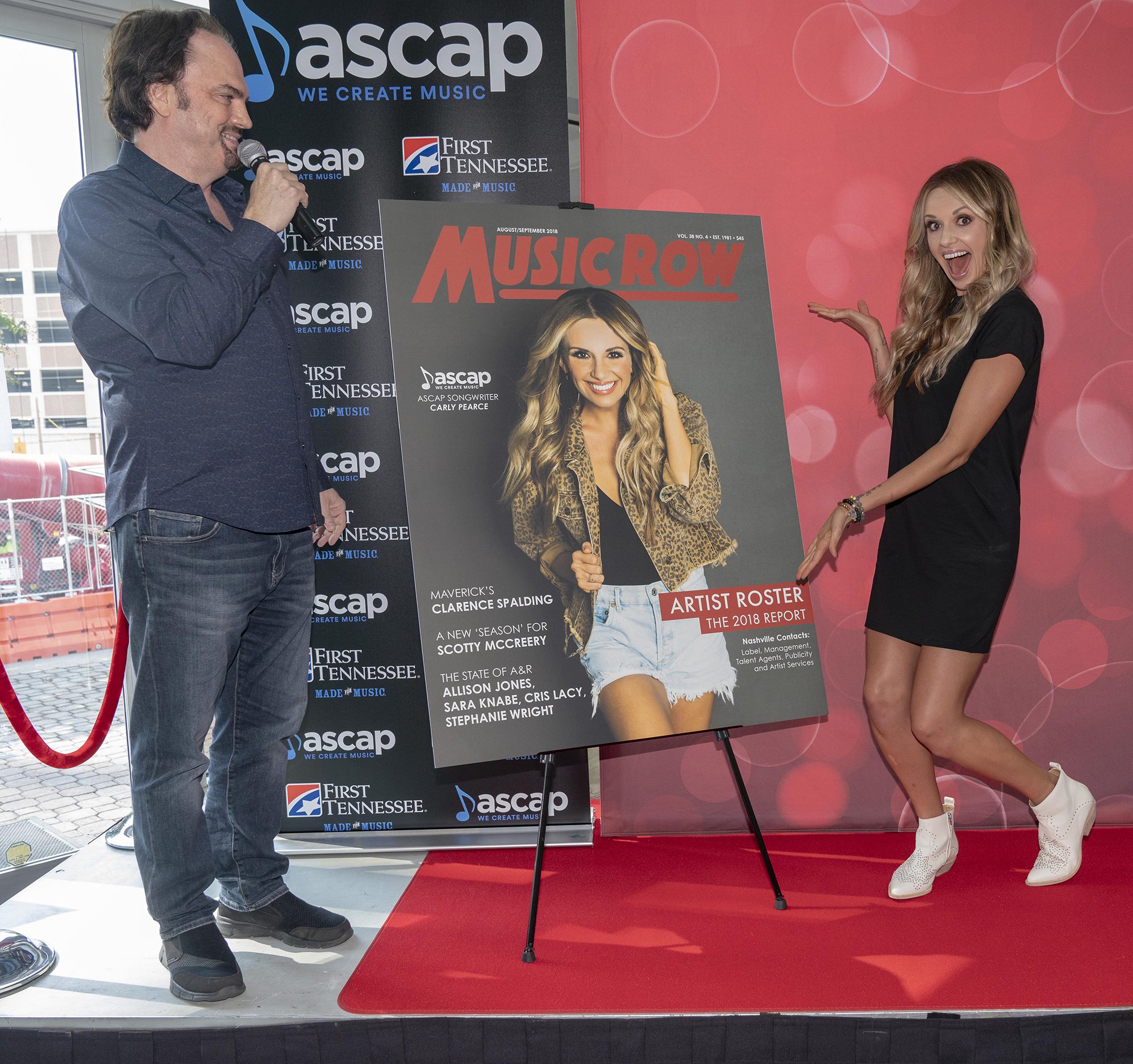Clarence Spalding Bonus Q&A: On Launching Brooks & Dunn, Management Philosophy

MusicRow featured Maverick manager Clarence Spalding in its latest Artist Roster print magazine, an industry directory detailing the team members behind Nashville artists.
In this bonus web Q&A Spalding discusses his 40-year career in the music business, currently managing Jason Aldean, Rascal Flatts, Reba McEntire, Brooks and Dunn, Terri Clark, Darius Rucker, Rachel Wammack, and more. For more from Spalding’s interview, pick up a print copy of MusicRow’s Artist Roster issue, or subscribe here.
– – –
On Launching Brooks & Dunn:
Bob Titley signed Brooks & Dunn in 1991. I had been working for Stan Moress. We managed Eddie Rabbitt, K.T. Oslin, Lorrie Morgan, Don Williams, Clint Black, Ronnie Milsap and more. Kix and Ronnie were the third act on the Reba tour, and I got a call that Bob was looking for someone. We partnered for 10 years until Bob decided he didn’t want to be in the business. So I formed Spalding Entertainment with [my first artists] Kix Brooks, Ronnie Dunn and Terri Clark. Marne McLyman has been the longest-standing employee. She’s been here 13 years, since she graduated Belmont. She currently handles Reba and Brooks & Dunn.
On Incorporating Big Loud In To The Maverick Fold:
I think Chief and Seth [England] are the type of managers that will benefit most from Maverick. They’re young, aggressive and have acts that love playing in the pop world. If you’re interested in that, there’s no better place to be than with the managers who have the biggest pop acts in the world.
 On His Management Philosophy:
On His Management Philosophy:
I try to keep my door open because different staff members will come in and lay on the couch with their computers, and ask questions—feeding off each other. A Jason Aldean question can educate you on a lot of subjects because he’s playing at such a high level.
I always stress, every morning you get to wake up and play in a major league ballpark. We should be grateful, but with that comes a responsibility to bust your ass every day…to pay attention, listen and focus—all the things it takes to be a great manager. Then it takes luck. You need a kiss every now and then to break through.
On Ex-employee And Now CEO/Chairman, Sony Records Nashville Randy Goodman:
Randy is a forward, critical thinker. He was great when he was here. I’m not sure he enjoyed management as much as we enjoyed having him here. You see him now…He’s cut out to be a great label person, and I’m damn sure ecstatic he’s running Sony and they’re on top of their game.
On A Together In Vegas Extension:
[Caesars] talking to us about a [2019 extension. Reba, Kix and Ronnie] love doing it. I would have bet a lot of money that we would have done it for one term and they would say, ‘We’ve had enough of Vegas….’ They don’t even leave! They go for two weeks—fly on Wednesday and come home on Sunday—taking advantage of being on the west coast. They eat, golf, run, Ronnie’s always taking the bus out to shoot photos. All of them invite family, friends. It’s like a family reunion back stage. They’ve approached it from the right way, which kind of surprised me.
 On His Vacation In Africa With Reba, Mike Dungan, Joe Galante And Shane Tarleton In June 2018:
On His Vacation In Africa With Reba, Mike Dungan, Joe Galante And Shane Tarleton In June 2018:
Africa wasn’t on my bucket list, but Reba had been twice. She was the only one who had—so she put it together. She called my wife and I think Ann had it in her head it was going to be in tents. Reba said, ‘We’re gonna be in lodges!” There were nine total. It was Mike Dungan and his wife Jane, Shane Tarleton, Joe Galante and his wife Fran and then Reba’s boyfriend Skeeter. They said it was during [CMA] music fest, and I said, ‘I’ll do that.’ I called Dungan and used that as a selling point. That’s when you find out if you’re really needed.
But Africa was phenomenal. I’d go back.


 MR: Females make up the majority of top A&R executives at the main country labels. Does being a female executive affect how you approach A&R?
MR: Females make up the majority of top A&R executives at the main country labels. Does being a female executive affect how you approach A&R?
















